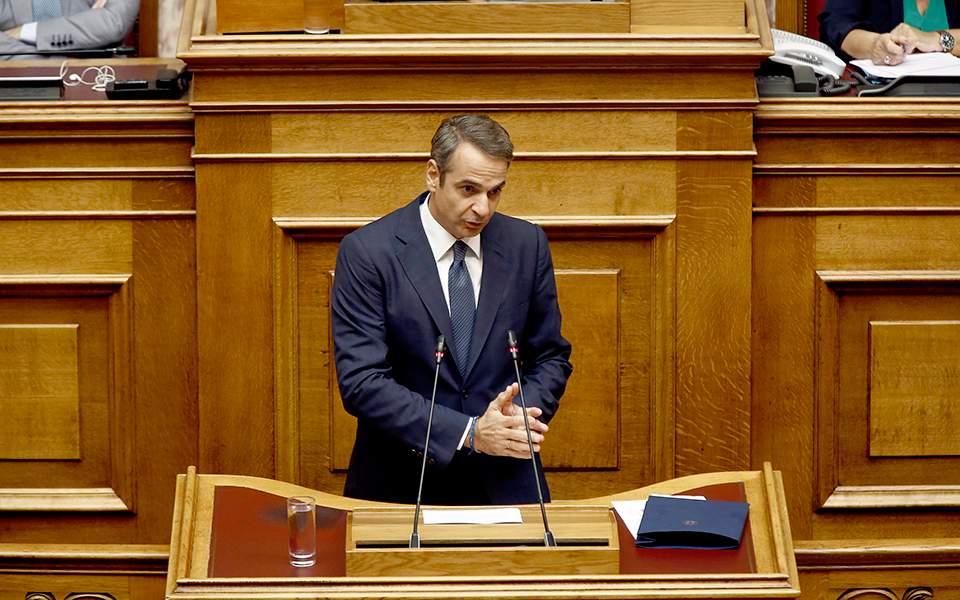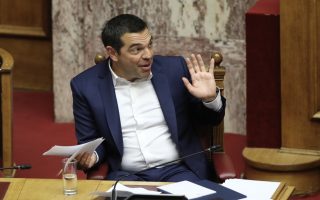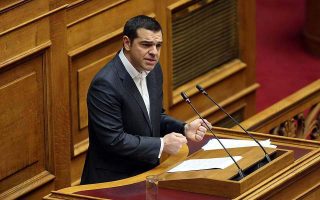Political landmines

“Sport is health, communication and entertainment, it is there to unite, not divide people. At the end of the day, yes, soccer is important, but fewer taxes, more jobs, good hospitals and good schools are much more so,” Prime Minister Kyriakos Mitsotakis told lawmakers in Parliament on Thursday.
The discussion may have been about the extension of the Mutual Defense Cooperation Agreement between Greece and the United States, but the recent developments in Greek soccer were a matter of significant interest.
Mitsotakis tried to mitigate the negative impressions created by the government’s handling of the issue, by its decision to amend a law rather than apply it as it was. The government’s official announcement said it was acting against the threat of “social division,” when in fact it was reacting to the fear of orchestrated violence from the organized armies of hardcore fan clubs.
Of course there are more important issues that we should be focusing on, but the truth is that such lesser matters send a message that vested interests remain unbeaten. Just a few days ago, the prime minister indicated a change of mentality in the ranks of politics with his admittedly excellent choice of Katerina Sakellaropoulou for the country's presidency and also succeeded in getting broad cross-party support for his candidate in Parliament.
This week, he bent the knee to the clientelist state. On the one hand we have a presidential election that strengthened the reputation and credibility of the political system, but also the stature of the prime minister himself; on the other, a decision that harms the field of sports and opposes the fundamental European principle of rule of law.
The contradictions do not end there either. On the one hand, Mitsotakis announced “a cohesive reform plan unlike anything Greece has seen before”; on the other, the government is seriously talking about installing a floating barrier on Greece’s sea border in order to contain the migration crisis.
This clash of intentions is causing confusion among the Greek people, shaking the faith of New Democracy's moderate supporters and strengthening the main opposition, which is unfortunately weak.
The prime minister appears conflicted, both personally and politically. He seems to be engaged in some kind of balancing act, trying to fulfill his vision for the country on the one hand and having to pay his dues to a dauntless clientelist authority on the other. How long can these two things coexist?





